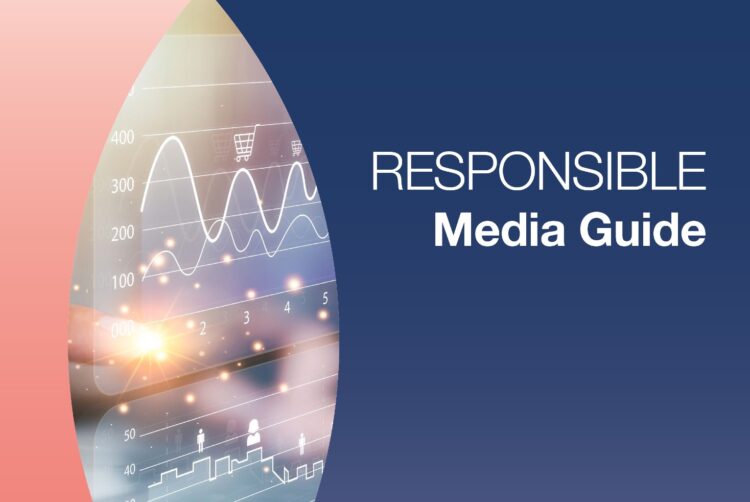Isba releases Responsible Media Guide

Isba is continuing its advocacy for a trusted and responsible advertising ecosystem with the publication of the Responsible Media Guide.
The guide, which is available exclusively to Isba members, seeks to provide brands with practical guidance on how they can ensure maximum control over the safe, suitable and legal placement of their ads across all media channels.
It contains five sections with advice on how to address the challenges of brand safety, media sustainability, inclusion, data and digital governance, and AI.
Content will be continuously reviewed and updated, given the speed at which changes are made by media owners and other industry stakeholders on issues relating to brand safety, sustainability, AI and DEI.
The guide was produced in collaboration with media consultancy The Aperto Partnership and was overseen by Isba’s Media Leaders group, which consists of senior figures from the trade body’s membership. It is the second report produced by Isba on the topic of responsible advertising, following the 2023 release of the Responsible Retail Media Framework.
Tool in development
Notably, Isba and The Aperto Partnership are also in the process of developing a measurement tool to provide Isba members with the ability to benchmark their responsible media buying strategies.
According to an Isba spokesperson, the tool aims to provide “targeted and actionable insights to ensure their media investments fully reflect their brand’s overall responsible buying objectives”.
It will be launched “soon”, although no specific release date has been announced.
“We envision a future where responsible media practices are the norm, fostering transparency, trust, inclusivity and sustainable practices,” said The Aperto Partnership consultant partner Anne-Noreen Keddy.
Why responsible marketing is the future — with Hearts & Science’s Garrett O’Reilly
Not simply a ‘nice to have’
The release of the guide occurs at a time when efforts around responsible marketing have come under threat by changes in US business culture, following the election of Donald Trump. His subsequent pressure to eschew DEI efforts at businesses and government agencies has led to a dramatic rollback in DEI initiatives across the media industry.
Since January, Publicis, Meta, Amazon, Google, Disney and Warner Bros Discovery have all taken steps to reduce DEI efforts.
Meanwhile, responsible marketing practices have come under attack from Trump aide and X owner Elon Musk, whose platform last summer sued the World Federation of Advertisers and not-for-profit Global Alliance for Responsible Media, as well as several brands, alleging that they had illegally conspired to “boycott” X. In fact, brands had halted spend on X over legitimate brand-safety concerns after ads began showing up next to hateful content following the gutting of X’s content moderation teams.
Separately, changes in content moderation policies by Meta to emulate X earlier this year renewed brand-safety concerns around advertising on social media platforms more generally. A recent Adalytics report, which found a large number of major brands had accidentally placed ads on a website that hosts child sexual abuse material, also sowed further distrust of the wider programmatic advertising ecosystem.
Despite this, WPP CEO Mark Read has begun recommending advertisers return to X, while Unilever — which was dropped from X’s aforementioned lawsuit in October — has recently committed to spend half of its advertising budget on social media.
Outgoing Isba director-general Phil Smith explained that responsible marketing “remains right at the top of the list of issues which are essential to trust and accountability in our sector”, noting that the publication of the Responsible Media Guide, like with all of Isba’s priorities, is “driven by our members”.
“From getting our industry’s house in order on sustainability to ensuring that we are supporting and investing in diverse media, and from responsible adoption of AI to an ethical approach to data governance, responsible behaviour is not simply a ‘nice to have’ — it is fundamental to our licence to operate,” Smith said.
“As the trade body representing brand advertisers, we are committed to equipping our members with the support and guidance they need to meet their commitments to responsibility at every stage. As brands navigate an increasingly fragmented media landscape, complex supply chains and regulatory pressure, we will stand with them in ensuring that their ads meet the expectations of the people who work in our industry and the audiences we serve.”




